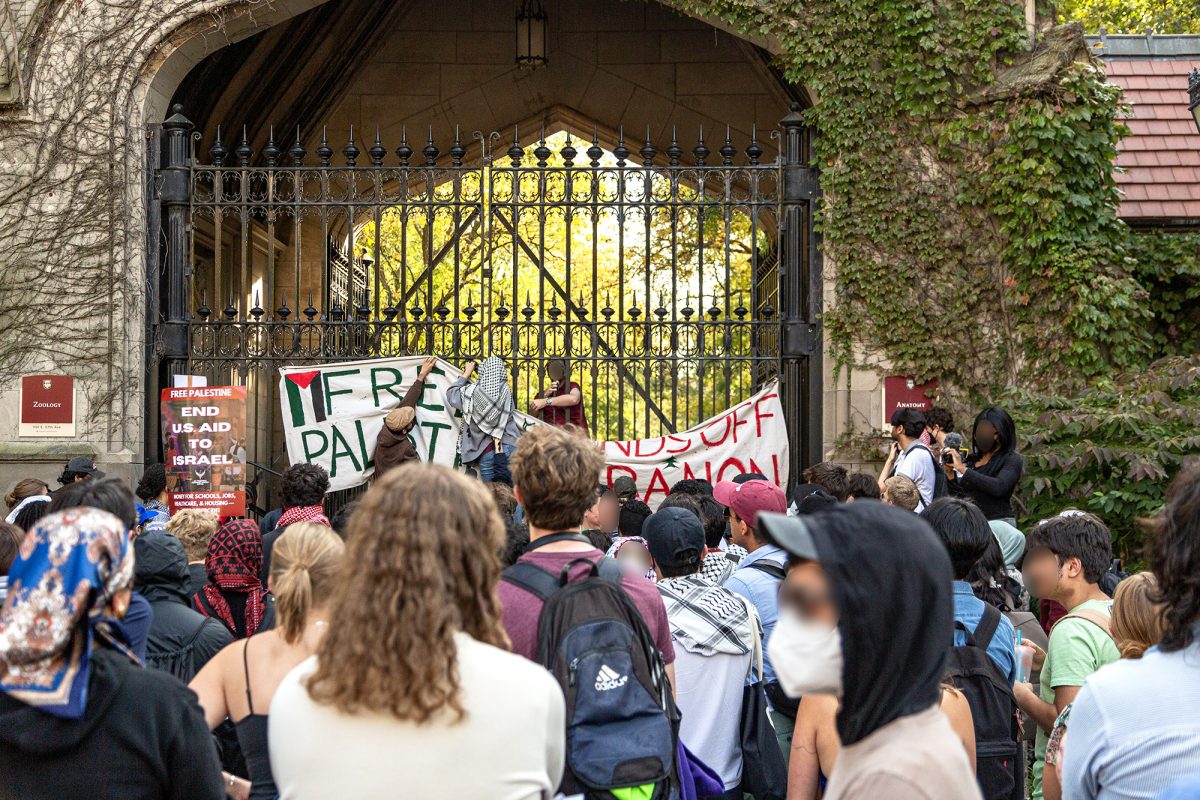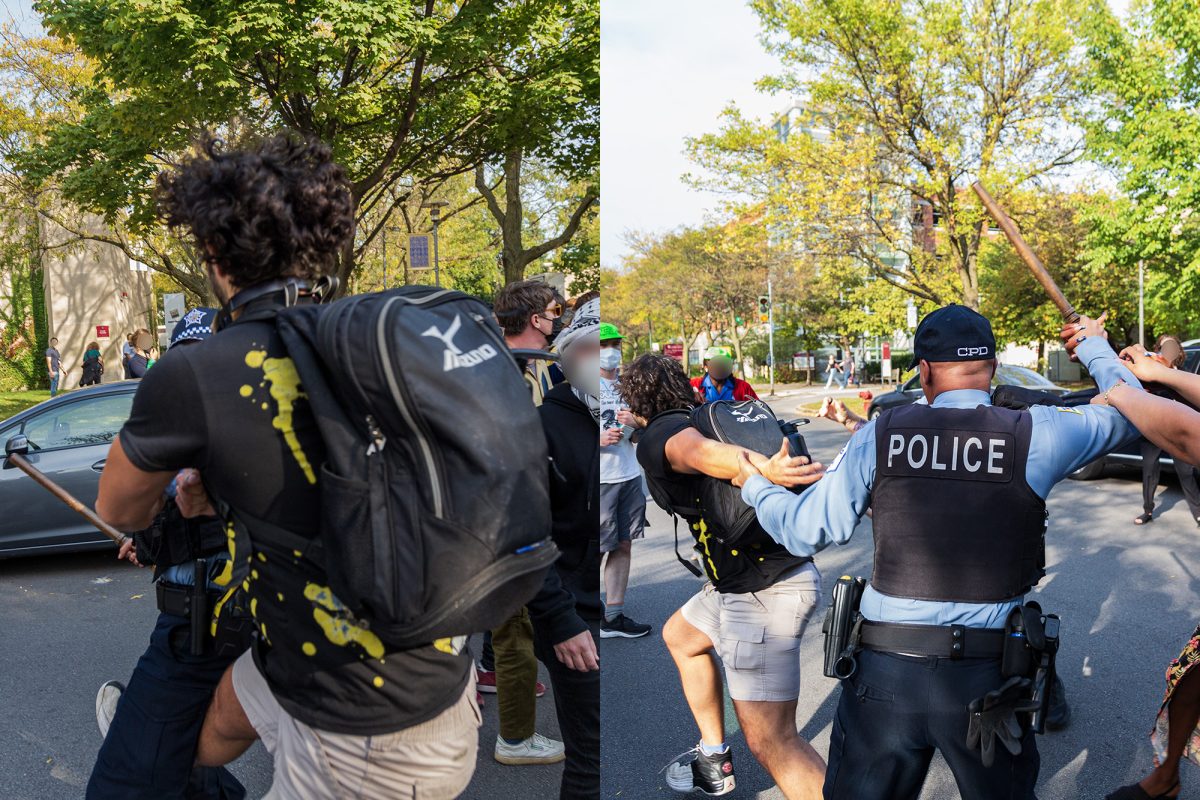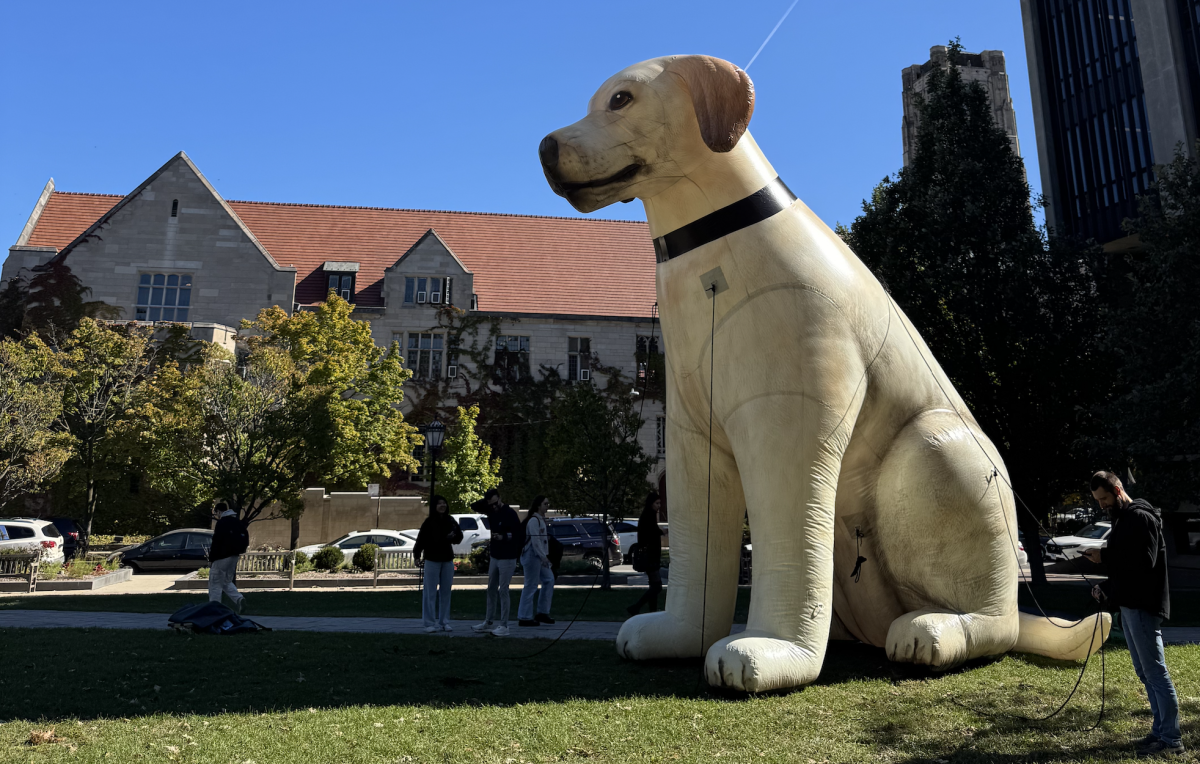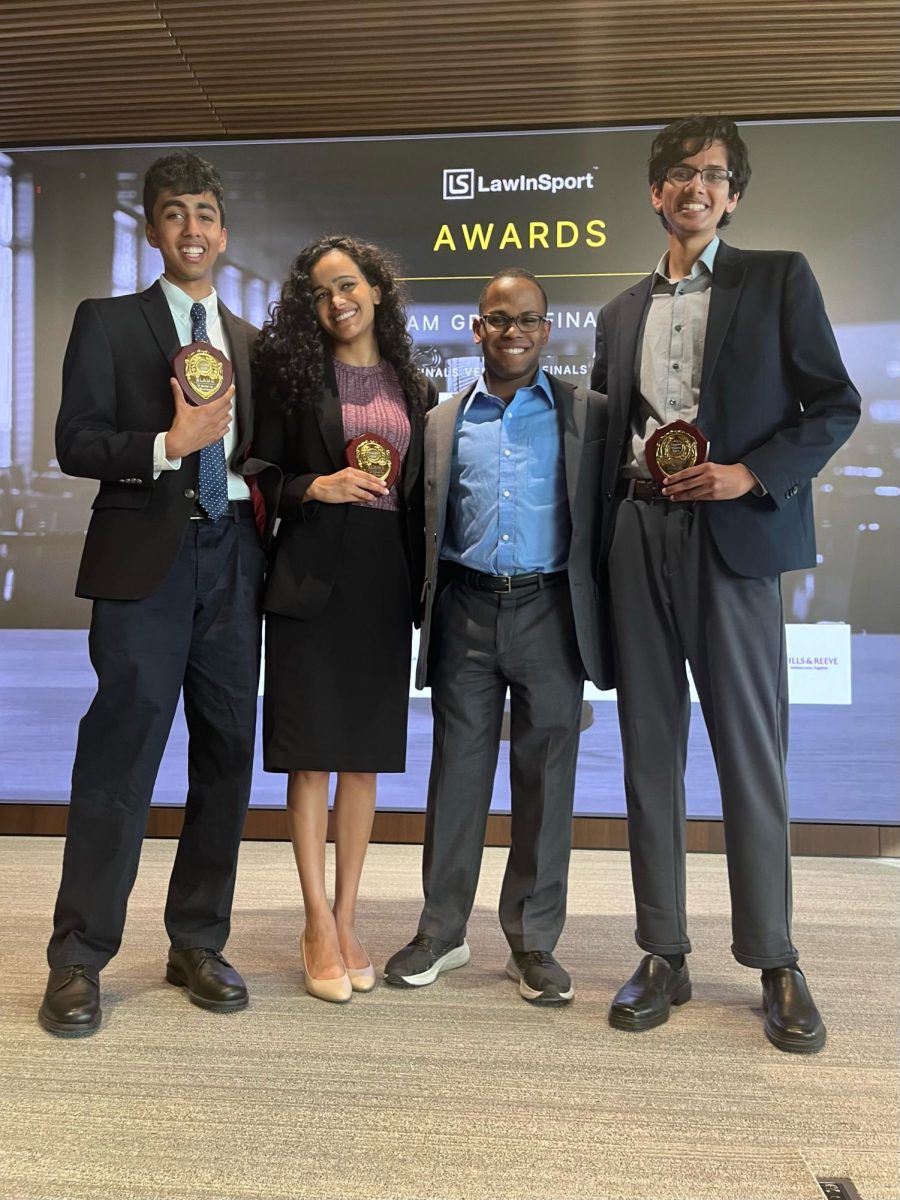The University of Chicago Law School is undergoing some faculty turnover with a number of professors departing for other institutions in 2006 and 2007. U of C Law professors Philip Hamburger, Tracey Meares, Alan Sykes, Albert Alschuler, and Adrian Vermeule have all accepted new positions.
Sykes accepted a position at Stanford Law School, Vermeule at Harvard Law School, and Alschuler at the Northwestern University School of Law.
Hamburger, a law professor and director of the Bigelow Program and the Legal History Program, has relocated to Columbia Law School, according to the Columbia Law School website.
Meares will move to the Yale Law School in January 2007, according to the Yale Law School website.
The U of C Law School administration was unavailable to confirm these departures at press time.
David Strauss, law professor and the chair of the faculty appointments committee, said that the increase in faculty departures will not spark a major change in recruitment.
“It is an unusually large number of departures, but I don’t foresee a dramatic change in our approach to hiring; these things tend to even out in the long run,” he said.
Anup Malani, currently a visiting associate professor of law at the U of C, will join the University full time in the fall from the University of Virginia Law School, said Strauss.
The U of C Law School also hired Alison LaCroix, who received a J.D. and Ph.D. in history from Harvard for an entry-level position for the upcoming year, Strauss said.
Strauss said that he expects an offer currently being made by the U of C Law School to be accepted. He anticipates that the faculty appointments committee will make more offers in the upcoming months that will likewise be accepted.
The faculty appointments committee is a group of law faculty who search for both hires from other law schools and entry-level hires. The committee also looks for visiting professors to the Law School, who often become hires.
“We learn about potential lateral hires from people on our faculty who are familiar with the leading figures in their fields,” Strauss said.
“As for entry-level candidates, we have many sources: over-the-transom applications, other law schools’ views about which of their graduates are promising academics, teaching fellowships that law schools have for people who might be interested in legal academics, etc.”
Strauss said that the faculty departures will not hurt the Law School.
“We’ve lost lots of excellent people in the past, and we’re still as good as ever,” he said. “You always hate to lose valuable colleagues, especially when they’re also friends, as my colleagues are. But losing people to other schools is a fact of life for our Law School, and in a way it’s a sign of strength.”
“When you have a faculty full of excellent people, which we do, they will have lots of other options, and it’s unavoidable that a percentage of them will decide, for one reason or another, to go elsewhere,” Strauss added.
Cass Sunstein, a professor at the U of C Law School, also said that he does not expect that the departures will strongly affect the Law School.
“Even with the losses, the Law School is in a terrific position,” he said. “We’ll miss the people who left a lot, but we have strong new people coming, and I don’t expect a huge change.”
“We have a fair number [of departures] this year, but we’re always at risk, more so than other schools, and for one reason: We have by far the strongest faculty with the best record of publications, and people are constantly getting lots of offers,” he said. “At other schools, even the best ones, the faculty isn’t receiving so many good offers.”
The departing professors had varying reasons for their departures.
Sykes, who is serving as a visiting professor at Stanford Law School and will join full-time next year, said his departure from the U of C was a “family decision.”
He called the number of faculty leaving the U of C law school this year “statistically unusual,” but said that “it doesn’t reflect an underlying trend.”
Alschuler said that the University’s retirement incentive was a leading factor in his decision to leave for the Northwestern University Law School and that he is looking forward to his job there.
According to Mary Harvey, associate provost in the Office of the Provost, “The Faculty Retirement Incentive Program” was created by faculty and administrators in 1994 to offer incentives to tenured professors retiring between the ages of 65 and 70 once federal law did away with “mandatory retirement.”
The University of Chicago MacArthur Justice Center, a public interest law firm associated with the U of C, will also relocate to Northwestern, according to a recent Crain’s Chicago Business article.








